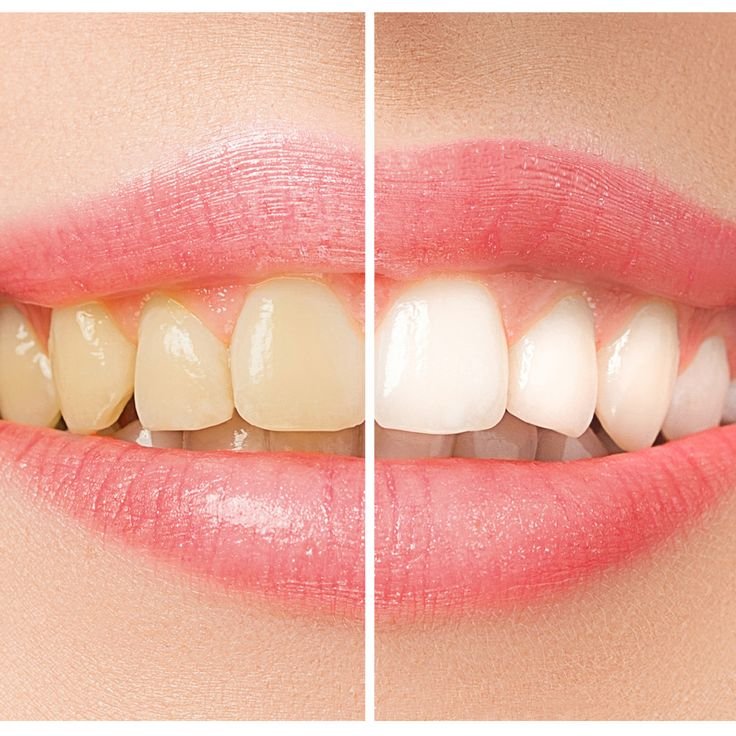
Types of Teeth Whitening: In-Office Whitening: Done by a dentist with professional-grade products for fast results. At-Home Whitening: Dentist-prescribed kits with custom trays for gradual whitening. Over-the-Counter Products: Whitening strips and toothpaste for mild results. Benefits: Boosts Confidence: Enhances your appearance and self-esteem. Quick & Safe: Professional treatments offer fast, safe results. Effective: Removes tough stains caused by coffee, tea, and smoking. Considerations: Some may experience temporary tooth sensitivity. Whitening results are not permanent and may need touch-ups. Benefits: Plaque & Tartar Removal: Removes plaque and tartar to maintain cleanliness. Gum Disease Prevention: Helps prevent gum diseases like gingivitis. Bad Breath Control: Reduces bad breath. Cavity Prevention: Helps prevent cavities and tooth decay. Scaling is a simple and effective way to keep your teeth healthy and clean.
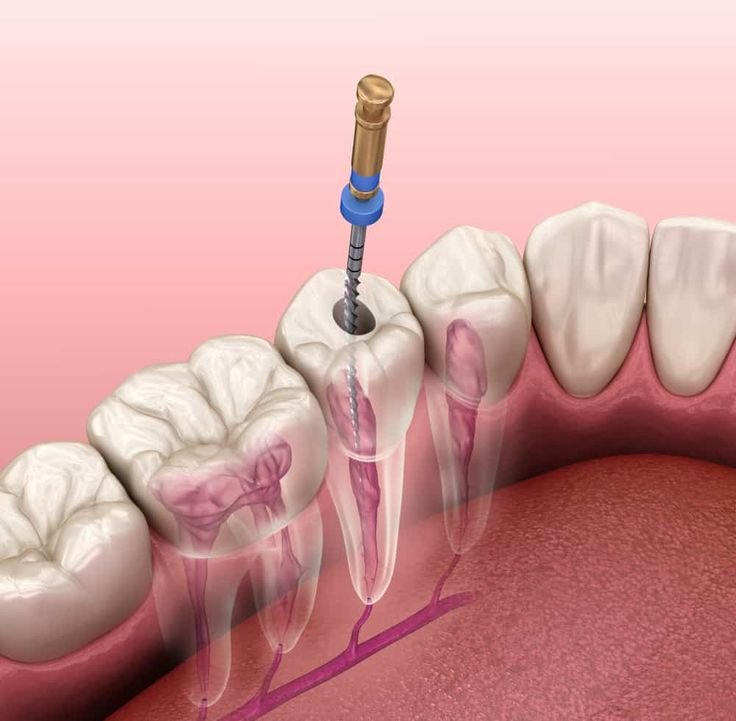
A root canal is a procedure to treat infection or damage inside a tooth's pulp. It involves removing infected tissue, cleaning the tooth, and sealing it to prevent further infection. Why is it Needed? A root canal is required when the tooth pulp becomes infected due to deep decay, trauma, or multiple procedures. Symptoms include severe pain and sensitivity. Procedure: Diagnosis: Dentist examines the tooth and may take X-rays. Cleaning: Infected pulp is removed and the tooth is cleaned. Sealing & Restoration: The tooth is sealed and often restored with a crown. Benefits: Relieves pain caused by infection. Saves the tooth from extraction. Restores normal function. Root canals are a safe way to preserve a tooth and eliminate pain.
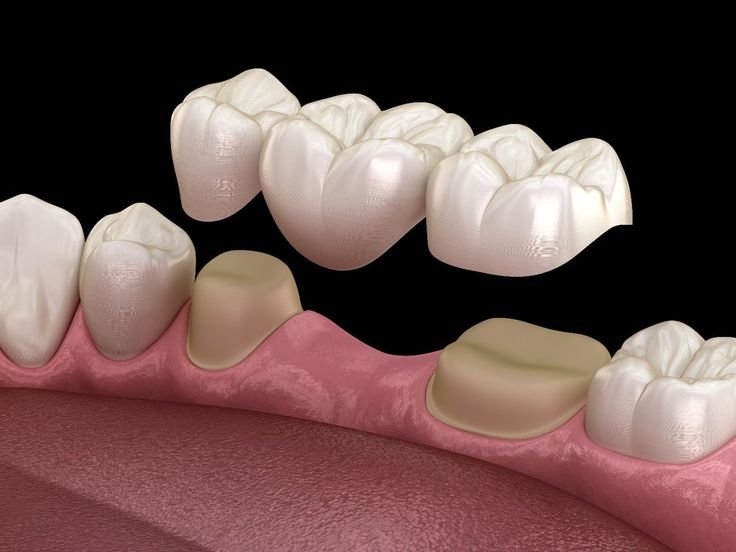
A dental bridge is a permanent solution used to replace missing teeth by connecting an artificial tooth to the adjacent natural teeth. It typically consists of two or more crowns placed on the teeth next to the missing one, with a false tooth (pontic) in between. Bridges help maintain the alignment of your teeth, improve chewing ability, and enhance your smile. They can be made from materials like porcelain, metal, or a combination of both. You said:
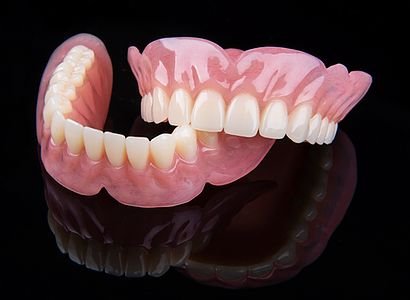
Dentures are removable artificial teeth used to replace missing teeth. There are two types: complete dentures (for all missing teeth) and partial dentures (for missing some teeth). They help restore appearance and function, and are typically made from acrylic or porcelain. Regular care and dentist visits are important for maintaining them. You said:
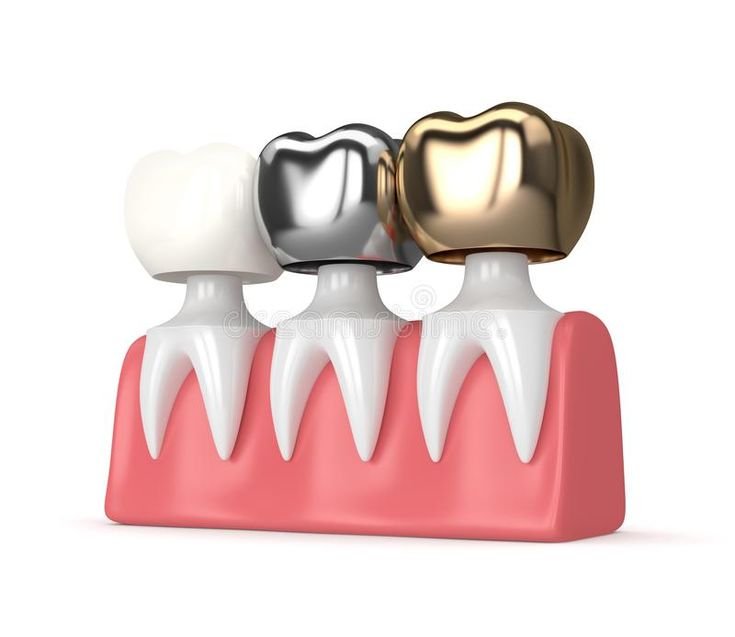
A dental crown is a cap placed over a damaged or weakened tooth to restore its shape, size, strength, and appearance. It covers the entire visible portion of the tooth, providing protection and support. Crowns are typically made from materials like porcelain, metal, or a mix of both. They are used for various reasons, such as covering a large filling, protecting a cracked tooth, or improving the appearance of a tooth. You said:
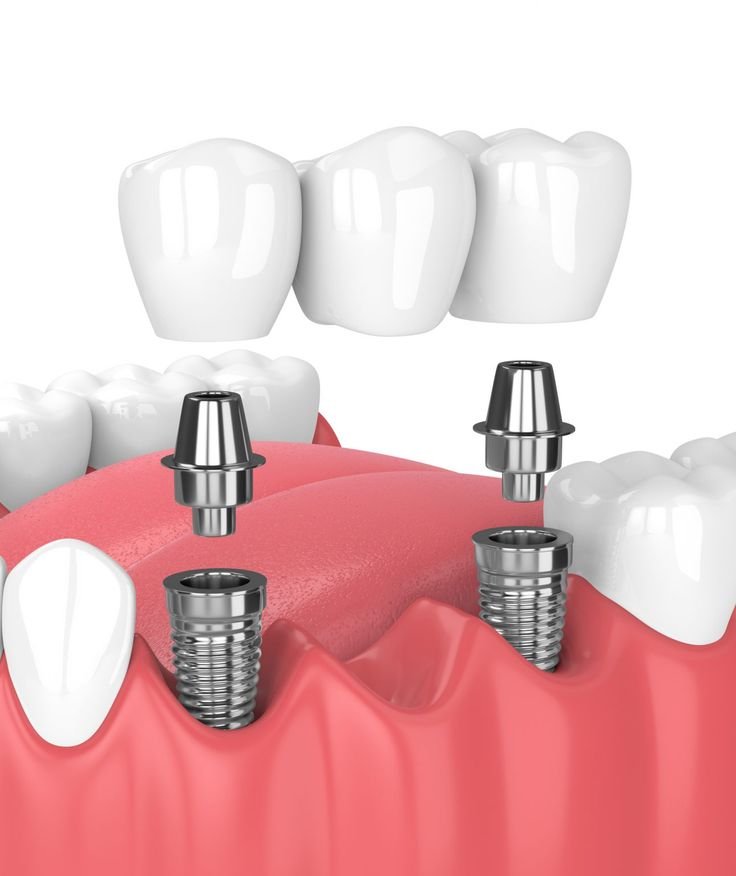
A dental implant is a permanent solution for replacing a missing tooth. It involves a titanium screw that is surgically placed into the jawbone, which then integrates with the bone. Once the implant is secure, a crown (artificial tooth) is placed on top. Implants look and function like natural teeth, providing durability and restoring the tooth structure, while also helping to maintain the position of surrounding teeth. You said:
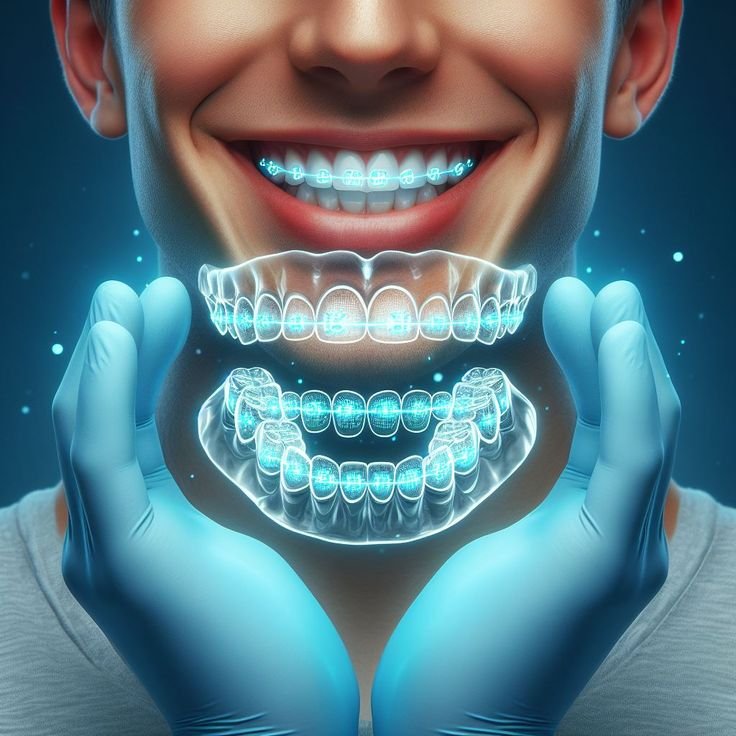
Dental aligners are clear, removable devices used to straighten teeth. Custom-made to fit each person's dental structure, they gradually shift teeth into the correct position. The advantage of aligners is that they are more comfortable and less noticeable compared to traditional metal braces.
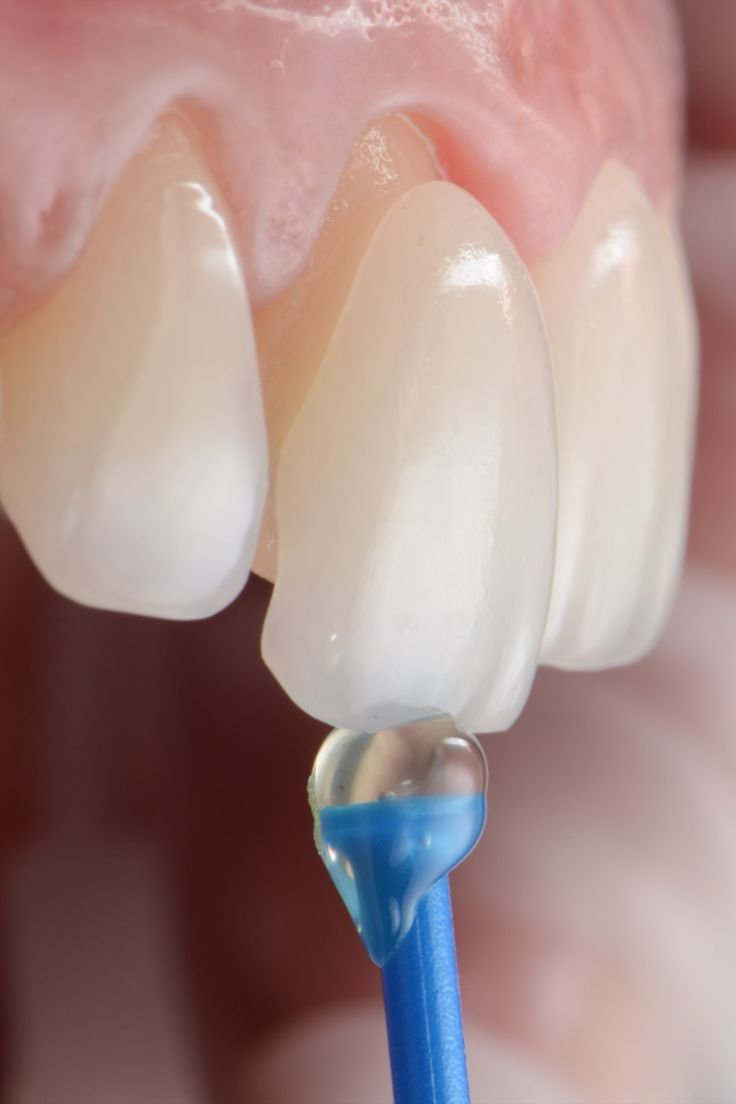
Dental veneers are thin, custom-made shells that are bonded to the front surface of teeth. They are used to improve the appearance of teeth, addressing issues like discoloration, cracks, gaps, or uneven shapes. Veneers are typically made from porcelain or composite resin and are designed to look like natural teeth.
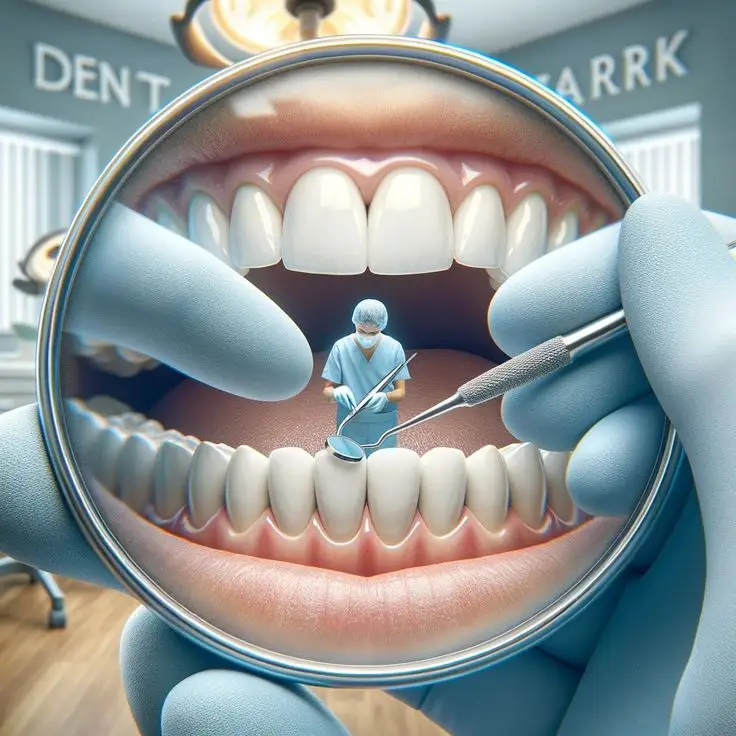
Dental scaling is a procedure where plaque and tartar are removed from teeth and gums. It helps improve oral health and prevents gum disease, cavities, and bad breath. Benefits: Plaque & Tartar Removal: Removes plaque and tartar to maintain cleanliness. Gum Disease Prevention: Helps prevent gum diseases like gingivitis. Bad Breath Control: Reduces bad breath. Cavity Prevention: Helps prevent cavities and tooth decay. Scaling is a simple and effective way to keep your teeth healthy and clean.